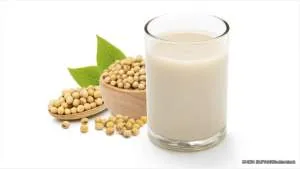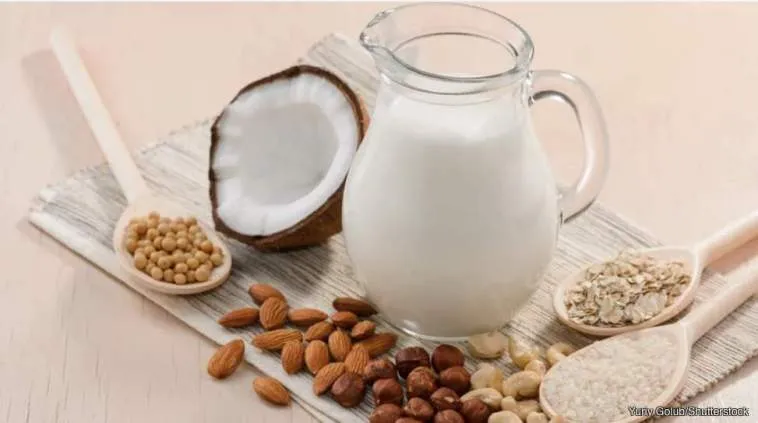From TastingTable.com…
It’s dinner time, and you’re craving something creamy, rich, and indulgent. But, for various reasons like lactose intolerance or dietary choices, the inclusion of cow’s milk in your diet is not an option.
Or, maybe you’re looking for dairy in a different form. Nutrient-dense, Healthline writes that cow’s milk provides essential vitamins, minerals, and protein that strengthen muscles and improve heart health, immune system, and bone density. However, milk’s positive aspects are often overshadowed by the negative, including that 30 to 50 million Americans have milk allergies or lactose intolerance, per the Office of Women’s Health.
Luckily, store shelves are lined with alternative options to choose from when looking for a delicious substitute for traditional cow’s milk, including the growing category of uber-nutritious, plant-based selections.
The Good Food Institute reported that over 754 million units of plant-based milk were sold in 2020, accounting for 15% of sales in the overall milk category. The key for any milk substitute is to find one with the most similar taste, texture, and consistency to regular milk. Thus, ensuring your sauces, soups, casseroles, and baked goods taste the way you expect them to. Plant-based milk substitutes, along with various alternative options, will swap out seamlessly when cooking and add an unexpected, delightful flavor.

Soy milk is the grandfather of non-dairy milk alternatives, with some chronologies placing the creation of the first soy milk in China during the second century B.C., as noted by the Soy Info Center.
Accordingly, tofu came along at the same time. Low in fat, zero cholesterol, and with relatively little taste, Food Network believes soy milk is the best alternative for milk when baking. Its high protein content gives structure and density to baked items while helping them brown evenly. The texture and consistency are similar to regular cow’s milk, making soy milk an easy one-to-one swap.






